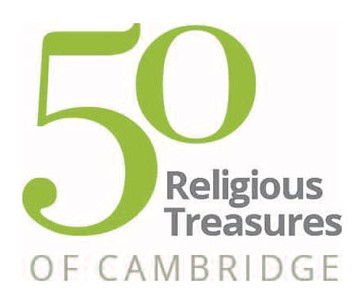Explore the attributes of God and the ancient mystic Julian of Norwich with Dr Ruth Jackson-Ravenscroft.
Meet your lecturer
Ruth Jackson Ravenscroft is originally from Bury in Greater Manchester, and first came to Cambridge as an undergraduate to study Theology and Religious Studies at Sidney Sussex College. She loved Cambridge so much that she stayed on to do an MPhil and PhD, before becoming a postdoctoral research fellow at Sidney Sussex College, and an Affiliated Lecturer in the Faculty of Divinity.
Ruth is fascinated by Christian theology and questions concerning gender and epistemology (the philosophical study of the nature and limits of knowledge). She has a special interest in late eighteenth and early nineteenth-century thought. Ruth’s research encompasses theology, philosophy, literature, and intellectual history.
The Revelations of Divine Love by Julian of Norwich, and Confessions, by St Augustine of Hippo – both of which are mentioned in this video – are two of her most favourite books.
Explore further
The Little Gidding Story Books are two small leatherbound books kept in Clare College Library, in Cambridge. They contain stories written by a 17th century community who came together to seek a life of contemplation, abstinence, and devotion.
The Magic Apple Tree painting is a painting in the Fitzwilliam Museum in Cambridge that is intended to make people see the world in a new light. Samuel Palmer believed that prayer and meditation could help Christians see the world bathed in glory. Cambridge priest and academic Dr Malcolm Guite has written a poem on The Magic Apple tree.
The Book of Margery Kempe is the earliest-known autobiography of an English person. It tells the story of the religious conversion of a middle-aged Norfolk housewife and mother of fourteen children.
Consider some questions
If God is omniscient, or all knowing, is it possible for humans to have free will?
How would you describe some of God’s attributes?
If God is transcendent (beyond the reach of human experience), how then can humans know who God is?
How does the Christian belief that God became incarnate (embodied in human form), relate to the question of how humans know God?
How might Christians incorporate Julian of Norwich’s teachings into their lives and practices today?
What do you think of Julian’s belief that God is Love?
Guidance for teachers
Download the video transcript


